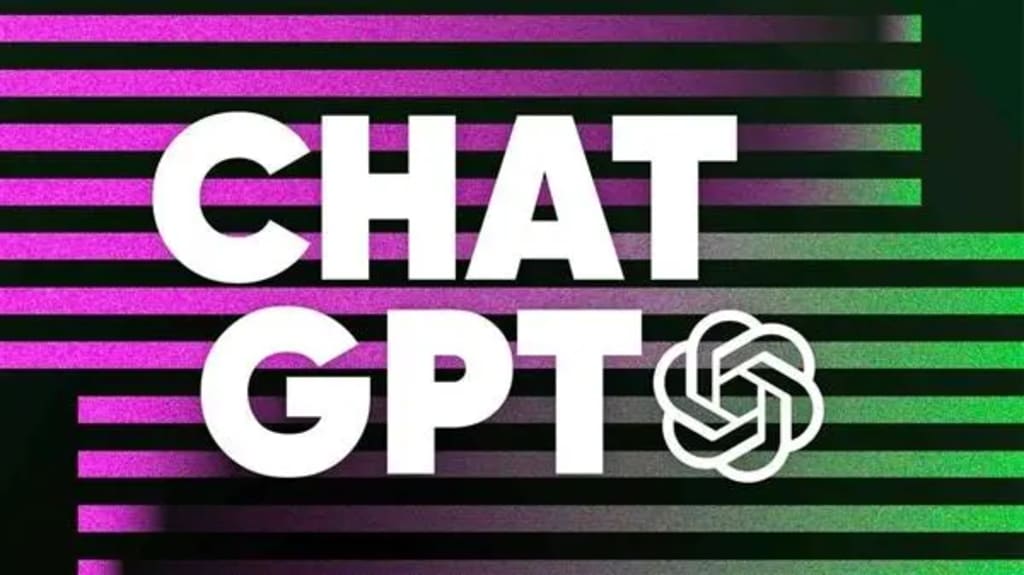ChatGPT: Revolutionizing Conversational AI and Beyond
chatgpt

In the realm of artificial intelligence, one technology has emerged as a true game-changer: ChatGPT. Powered by the groundbreaking GPT-3.5 architecture, ChatGPT has revolutionized the field of conversational AI, transforming the way we interact with machines and opening up a world of possibilities.
Conversational AI aims to create intelligent systems that can engage in natural, human-like conversations. However, achieving this level of sophistication has always been a challenge. Traditional chatbots and virtual assistants often struggled to understand context, provide relevant responses, and maintain coherent conversations. That is where ChatGPT comes in.
Developed by OpenAI, ChatGPT represents a significant leap forward in the capabilities of conversational AI. Its underlying neural network has been trained on an enormous amount of diverse data, enabling it to generate responses that are remarkably human-like. This training process has exposed ChatGPT to an extensive range of language patterns, allowing it to understand and generate text with an impressive level of fluency and coherence.
One of the key strengths of ChatGPT lies in its ability to grasp context. It can understand nuanced prompts, follow conversations, and provide responses that are contextually relevant. This contextual understanding is what makes ChatGPT feel like a true conversational partner, rather than just a robotic algorithm.
The versatility of ChatGPT extends beyond simple Q&A interactions. It can engage in creative writing, help with content generation, translate languages, and even provide support in customer service scenarios. The potential applications for ChatGPT are vast, and its versatility has sparked interest and adoption across a wide range of industries.
Customer service is an area where ChatGPT has made significant strides. Traditional chatbots often left customers frustrated due to their limited understanding and generic responses. However, with ChatGPT, companies can provide personalized and efficient support. ChatGPT can understand customer inquiries, provide relevant information, and even resolve common issues, all while maintaining a natural conversational flow.
In addition to its practical applications, ChatGPT has also found its place in research and academia. Scientists and researchers are leveraging its capabilities to analyze and interpret vast amounts of data, accelerating the pace of discovery in fields such as medicine, climate science, and particle physics. ChatGPT's ability to comprehend complex scientific concepts and generate hypotheses has proven invaluable in pushing the boundaries of knowledge.
However, the rise of ChatGPT also raises important ethical considerations. As an AI language model, ChatGPT relies on the data it has been trained on, which inherently carries biases present in the source material. It is crucial to address and mitigate these biases to ensure that ChatGPT and similar systems do not perpetuate unfairness or discrimination. OpenAI has acknowledged these concerns and is actively working on improving transparency, bias detection, and mitigation strategies.
The impact of ChatGPT extends beyond its immediate applications. Its success has inspired a new wave of innovation in the field of AI. Researchers and developers worldwide are building upon the achievements of ChatGPT, exploring ways to enhance its capabilities, refine its responses, and overcome its limitations. This collective effort is driving the field of conversational AI forward, and ChatGPT serves as a catalyst for further advancements.
Looking ahead, the future of ChatGPT and conversational AI holds tremendous promise. As the technology continues to evolve, we can expect even more sophisticated language models that seamlessly integrate with our daily lives. Conversations with AI will become increasingly natural and indistinguishable from human interactions. This has the potential to revolutionize how we interact with technology, making it more intuitive, accessible, and personalized.
In conclusion, ChatGPT has indeed revolutionized conversational AI and expanded the horizons of what machines can achieve. Its ability to understand context, generate human-like responses, and adapt to diverse scenarios has propelled the field forward. From customer service to research and beyond, ChatGPT is leaving an indelible mark on various industries. While there are challenges to address, the ongoing advancements in conversational AI promise a future where AI augments human potential, making our interactions with machines more seamless and empowering than ever before.
About the Creator
Reynol Brennan
A small blogger who shares emotions, life, life insights, and short stories, and provides everyone with happiness, growth, and common sense of life.






Comments
There are no comments for this story
Be the first to respond and start the conversation.